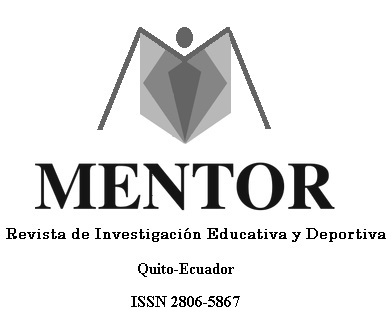

Research Ethics Policies
It is essential that studies involving human participants comply with research ethics policies and declare them in the manuscript. If requested by the editors, the following documents must be attached:
Additionally, authors must ensure alignment with the Ethical Code of the Declaration of Helsinki (http://doi.org/10.1001/jama.2013.281053) or its Spanish version (https://www.wma.net/es/policies-post/declaracion-de-helsinki-de-la-amm-principios-eticos-para-las-investigaciones-medicas-en-seres-humanos/).
The journal adheres to the Recommendations for the Conduct, Reporting, Editing, and Publication of Scholarly Work in Medical Journals by the International Committee of Medical Journal Editors (ICMJE), available at: https://www.icmje.org/recommendations/translations/spanish2021.pdf
For randomized clinical trials, authors must have approval from the Clinical Research Ethics Committee (or equivalent according to the country’s regulations), declare funding, and be registered in a public clinical trial registry (e.g., www.clinicaltrials.gov).
